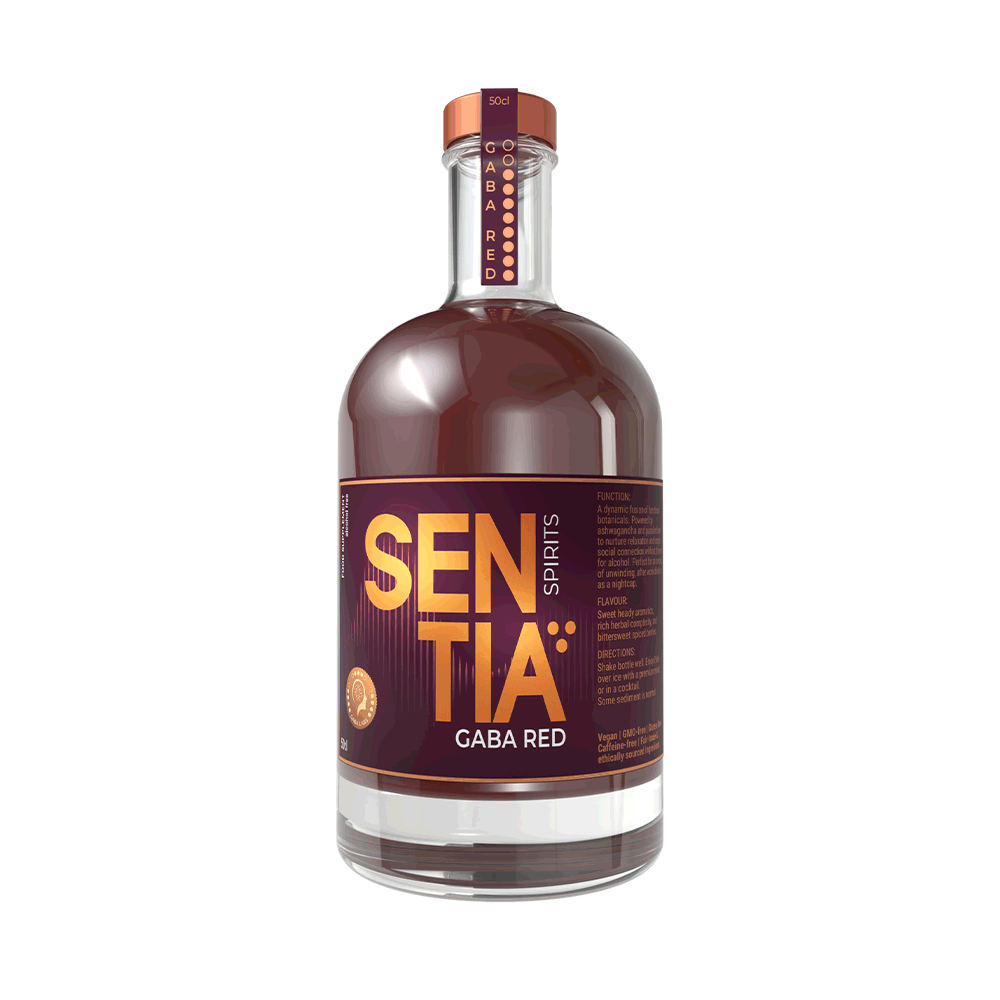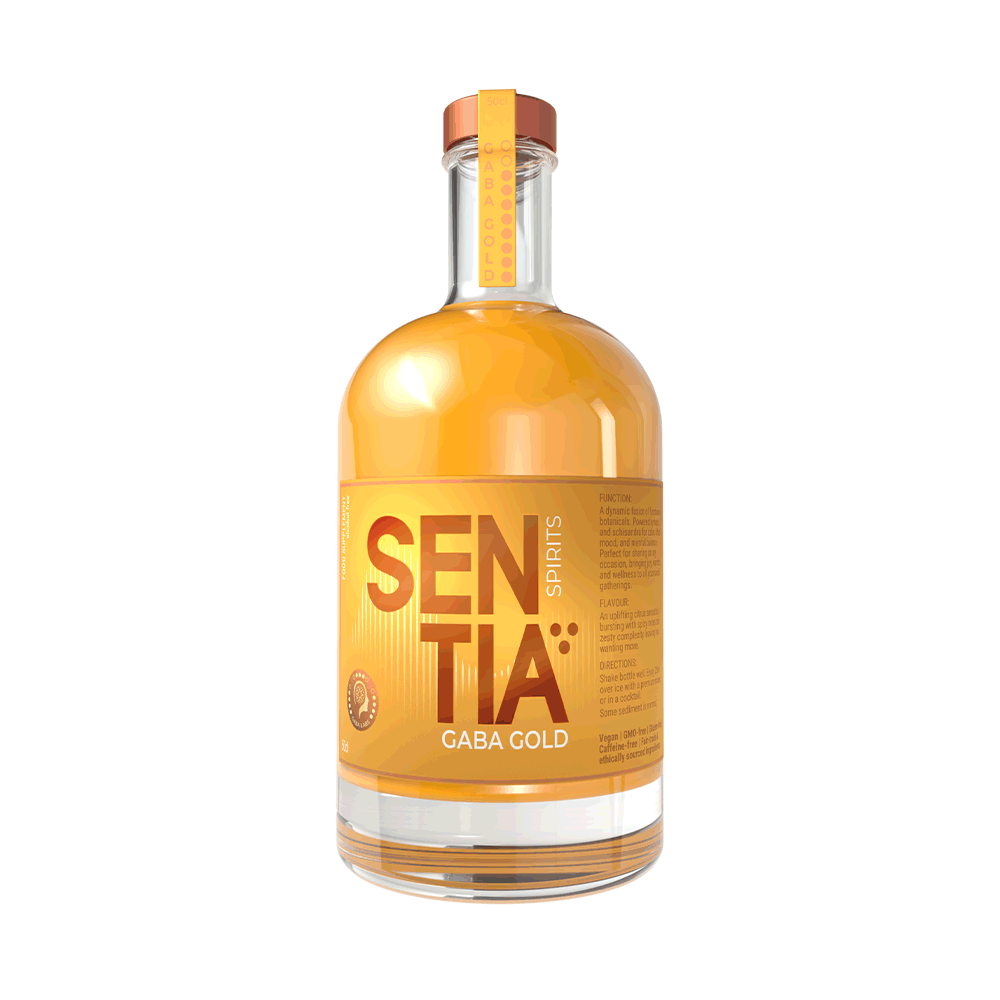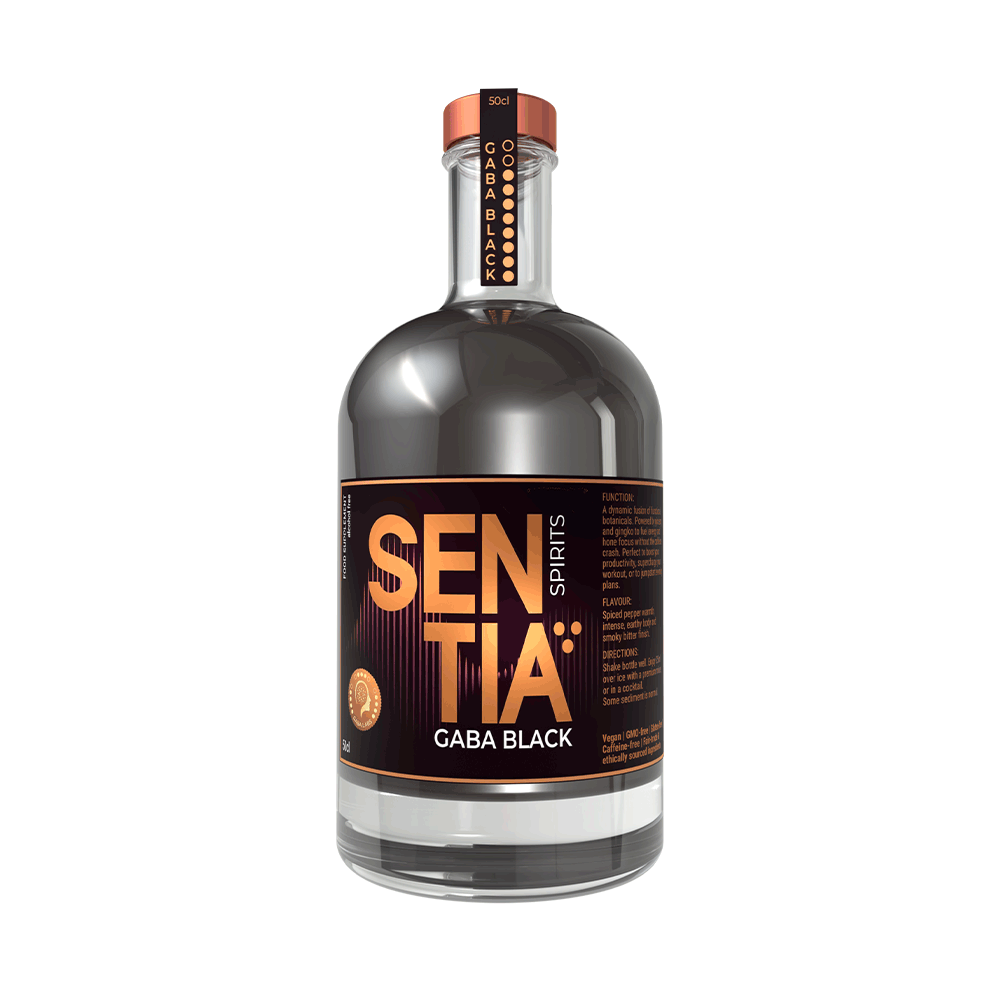You’ve made the switch from alcohol to something ‘cleaner.’ You’re picking drinks from the zero-alcohol shelf. You feel virtuous. Healthier. But... are you? Is your ‘non-alcoholic’ drink really doing you any favours?
Are non-alcoholic drinks healthier than alcohol?
Yes—in most cases, choosing a non-alcoholic option is a step in the right direction. Alcohol brings with it a laundry list of health risks: liver strain, disrupted sleep, cancer risk, addiction, not to mention the empty calories it delivers at every round. Replacing ethanol with anything that doesn’t impair your memory or ravage your organs is a win. But being ‘better than alcohol’ doesn’t automatically make a drink good for you.
What defines a ‘healthy’ non-alcoholic drink?
The sugar trap
Here’s the kicker: many non-alcoholic wines, beers, and ready-to-drink mocktails are drowning in sugar. Alcohol gives a drink body and mouthfeel, and when it’s removed, sugar often steps in to fill the gap. It’s not uncommon to see non-alcoholic drinks with sugar content on par with soft drinks. That ‘healthy’ swap? It might be tipping you over your recommended daily intake in one glass.
The calorie count
Sugary drinks don’t just spike your blood glucose—they add up. A pint of beer comes in at around 180 calories. A glass of wine, about 130. Swapping to a soft drink might drop the alcohol, but some sugar-laden options can match those calorie counts. Even so-called ‘premium’ adult soft drinks can be sugary enough to mess with your goals. And let’s not forget—alcohol reduces your willpower and increases appetite. A few drinks today can snowball into bad sleep, cravings, and overconsumption tomorrow.
Your liver's perspective
The liver hates alcohol. It’s toxic, and your liver works overtime to process it. But your liver also doesn’t love high sugar intake. Chronic overconsumption can contribute to non-alcoholic fatty liver disease (NAFLD). That means if you’re swapping booze for high-sugar drinks, your liver might not get the break you’re hoping for.
Are all non-alcoholic drinks truly alcohol-free?
It depends. ‘Alcohol-free’ can still legally contain up to 0.05% ABV. ‘De-alcoholised’ drinks can go up to 0.5%. That’s about the same as what’s found in some ripe fruit or fermented foods. For most people, these amounts are negligible. But if you’re sober for health or religious reasons this trace alcohol might matter. Always check the label.
Choosing functional spirits over simple substitutes
Here’s where it gets interesting. There’s a third option: not alcohol, not sugar bombs—but functional drinks. These are formulated to deliver a desired effect—relaxation, connection, clarity—without relying on alcohol or excess sugar.
Developed by neuroscientists, GABA Red, Black, and Gold are designed to support your brain’s natural GABA system—the part responsible relaxation and unwinding. SENTIA’s blend of botanicals helps promote that feeling of ease and connectedness, with no alcohol and fewer calories per serving than many popular drinks at 9cal per
Unlike mocktails or alcohol-free wines that try to mimic taste, SENTIA offers something new. It's a drink with a purpose—supporting wellbeing and social connection, without compromise.
Conclusion
So—are non-alcoholic drinks healthy? Some are. Many aren’t. But functional drinks like SENTIA offer a path forward for anyone tired of the empty promises of ‘better-than’ drinks that still compromise health. SENTIA isn’t just a healthier alternative—it’s a smarter one.



